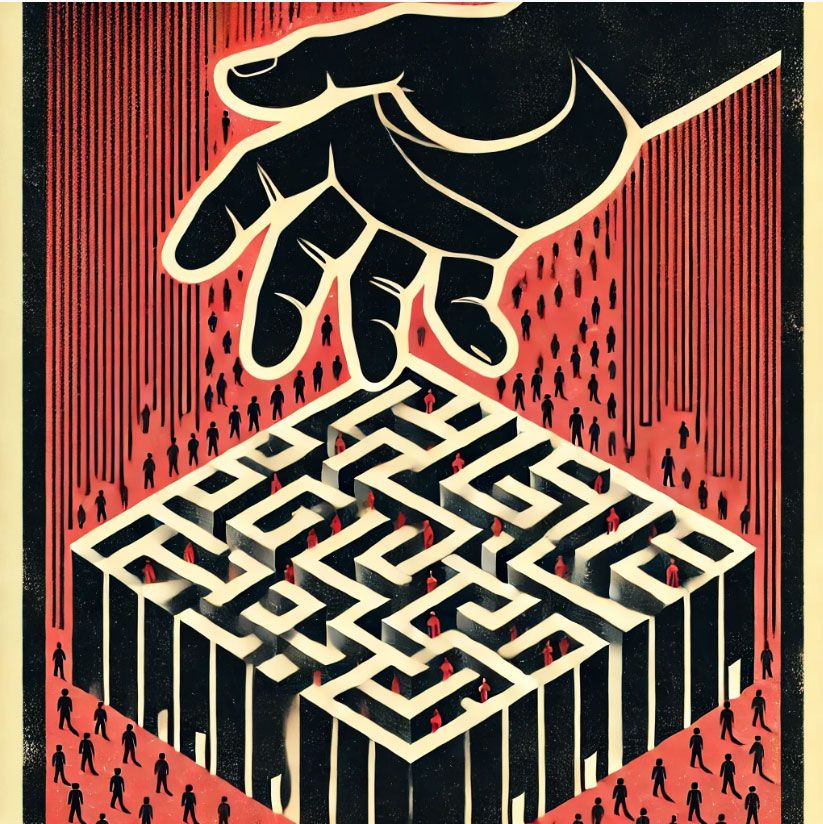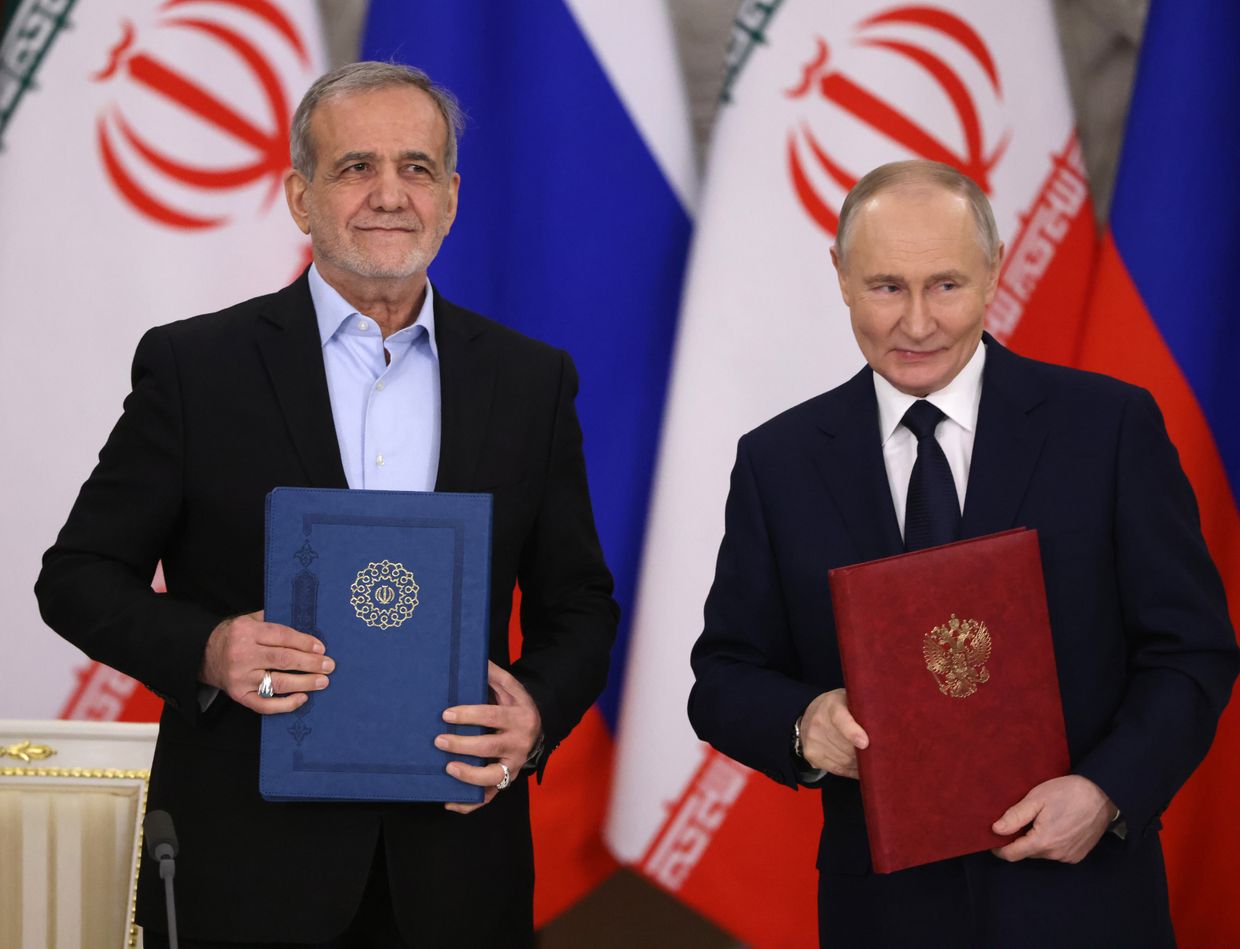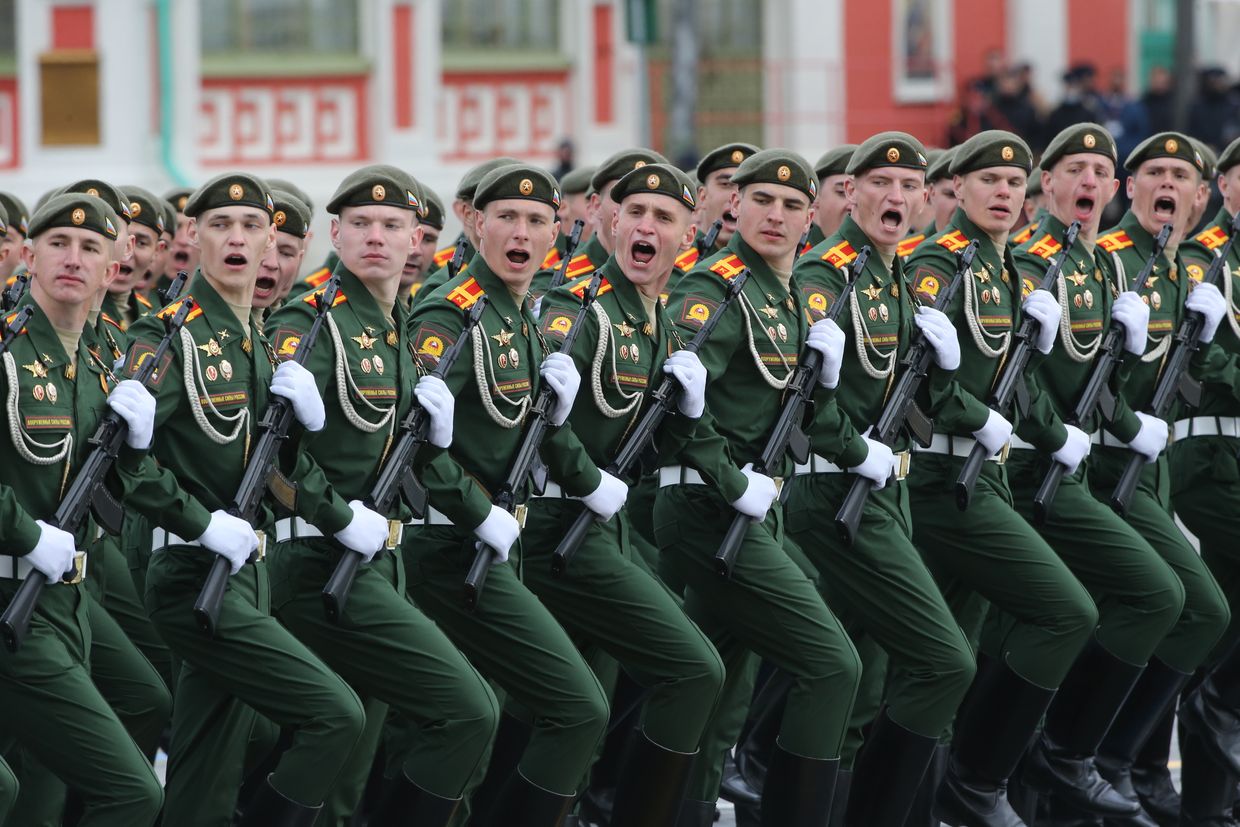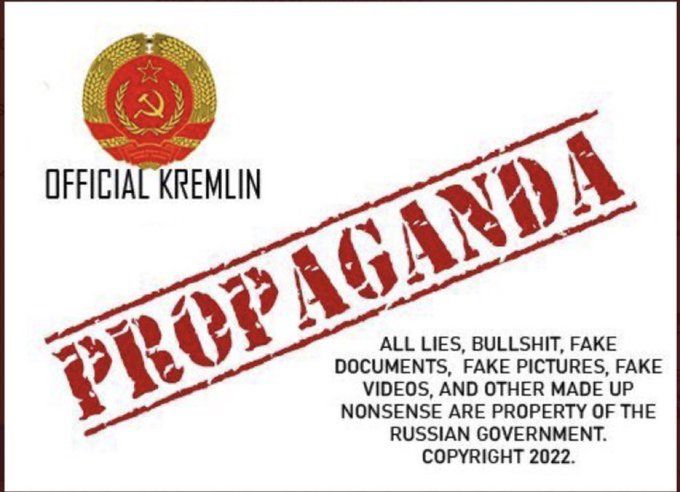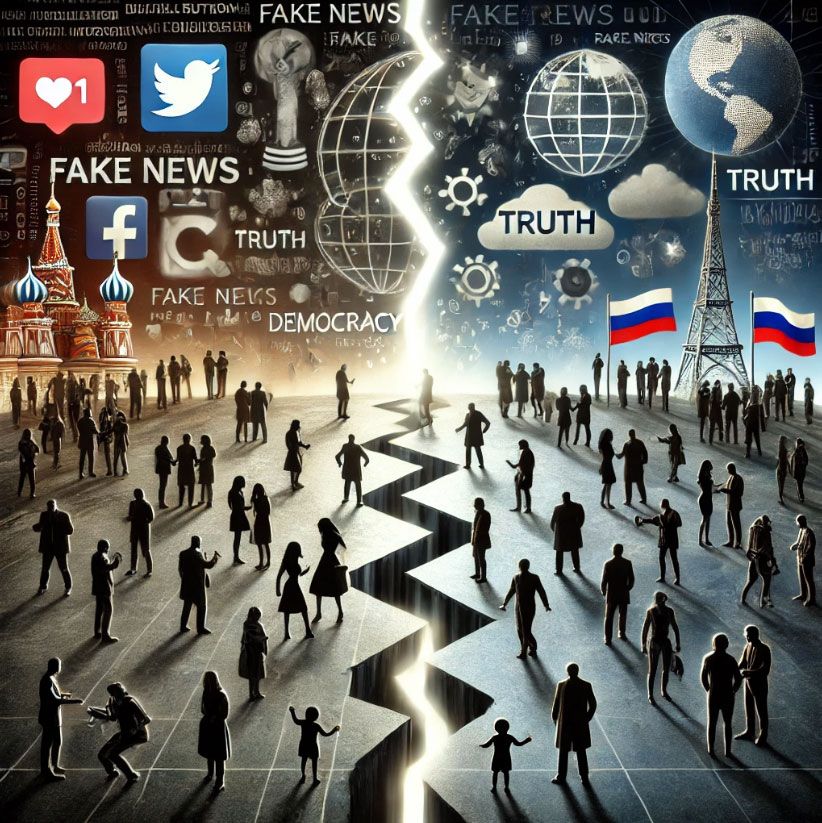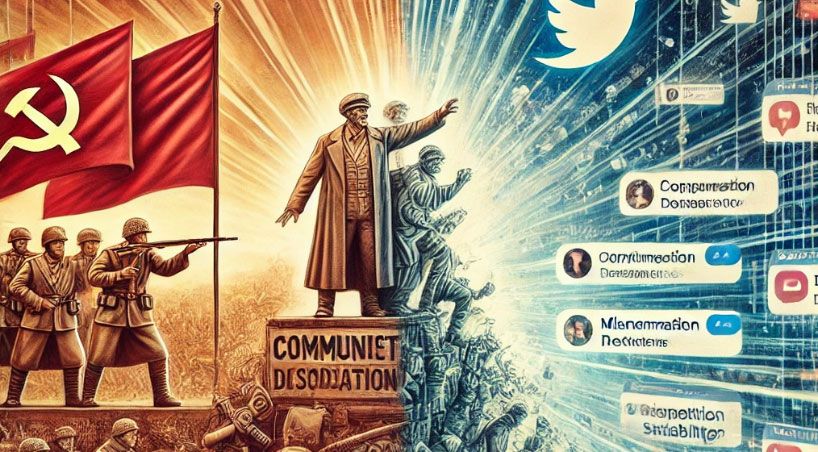What Is Political Technology?
In post-Soviet states like Russia, Belarus, and Kazakhstan, political technology refers to tactics used to control elections and political narratives.
These methods include rigging elections, creating fake opposition parties, and using media to manipulate public opinion.
It's a strategic blend of propaganda, deception, and manipulation—all designed to keep leaders in power.
Source: Andrew Wilson, "Political technology": why is it alive and flourishing in the former USSR?, openDemocracy, June 17, 2011.
How Does It Work?
- Fake Opposition Parties: In Russia, the government supports “fake” political parties to create an illusion of choice. These parties never seriously challenge the ruling party but exist to split opposition votes and make elections appear democratic.
- Media Control: State-run media outlets push government-friendly stories while silencing critics. In Russia, for example, the media crafts narratives that make Vladimir Putin seem unbeatable, deterring real competition.
- Administrative Pressure: Local authorities are often pressured to deliver high voter turnout and support for the ruling party. This can include using government resources to sway votes or intimidate voters.
- Youth Movements: The Kremlin created youth groups like Nashi to prevent protests similar to Ukraine's Orange Revolution. These groups promote pro-government messages and suppress dissent among young people.
Why Does This Still Happen?
You might wonder, if these leaders are already powerful, why bother with all this manipulation?
The answer is control. Even when leaders like Putin seem unchallenged, they continue using political technology to maintain an image of legitimacy.
Without it, public dissatisfaction could grow, and rival politicians might gain traction.
Spreading Beyond Russia
Other former Soviet countries have copied these tactics by employing state-controlled media to suppress dissent, creating government-backed youth movements to counter protests, and manipulating legal systems to disqualify opposition candidates.
In Azerbaijan, for example, authorities have cracked down on independent media and used restrictive laws to stifle political activism.
Similarly, Kazakhstan has deployed fake opposition parties and harsh security measures to maintain control.
In Belarus, President Alexander Lukashenko has used similar methods to suppress opposition.
In Ukraine, after the failed manipulation of the 2004 election led to the Orange Revolution, political technology made a comeback under President Yanukovych, who used legal tricks and fake parties to weaken his opponents.
Is There Any Hope for Change?
Efforts to curb political manipulation in former Soviet states have produced mixed outcomes.
Moldova has made cautious progress toward democratic reform, but its political system remains vulnerable.
In stark contrast, Georgia has faced a severe democratic crisis. Following disputed elections in 2024, the ruling Georgian Dream party tightened its grip on power through alleged electoral fraud and political repression.
Protests erupted nationwide as the government suspended EU accession talks and cracked down on dissent, signaling a troubling turn toward authoritarian rule.
This erosion of democratic norms highlights the persistent and evolving use of political technology to suppress opposition and control public perception.
While political technology fosters public cynicism and distrust, history shows that even deeply entrenched regimes can be challenged.
Mass movements demanding accountability—like the Arab Spring—prove that collective action can disrupt systems of manipulation and inspire meaningful change.
Why Should You Care?
Political technology isn't just a problem "over there."
Similar tactics can appear in other political systems through subtle forms of media manipulation, disinformation campaigns on social media, and the creation of divisive political narratives.
Recognizing these patterns globally is essential to safeguarding democracy and promoting transparency in governance.
Understanding how governments manipulate information helps us recognize similar tactics in our own countries. It reminds us to stay informed, question what we hear, and support free and fair elections.
By pulling back the curtain on these deceptive strategies, we can better understand how power operates—and how ordinary people can push back against it.
Stay curious. Stay informed.
For more in-depth analysis, read Andrew Wilson's full article on openDemocracy.


